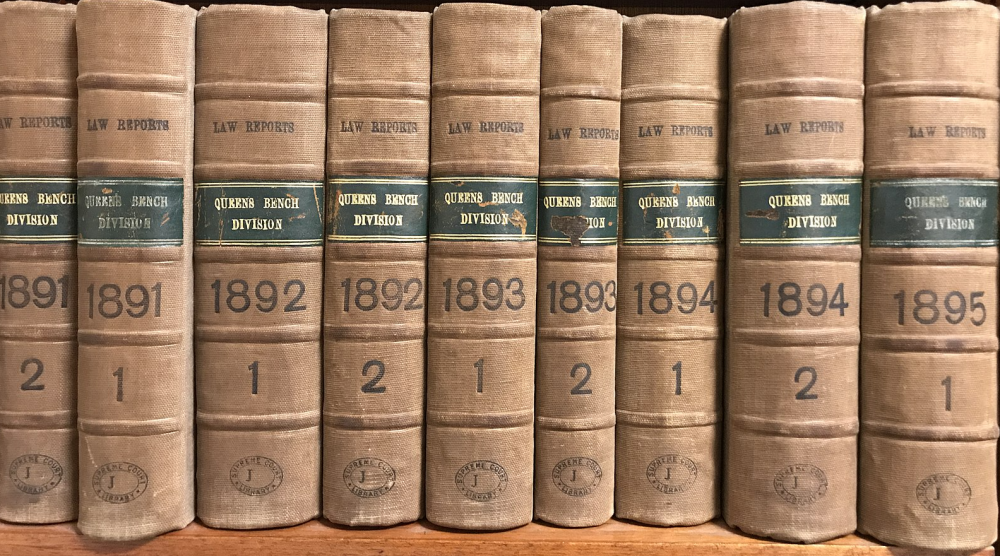National Westminster Bank Ltd v Halesowen: Difference between revisions
Amwelladmin (talk | contribs) No edit summary |
Amwelladmin (talk | contribs) No edit summary |
||
| (5 intermediate revisions by the same user not shown) | |||
| Line 4: | Line 4: | ||
The majority view that the insolvency set-off provisions were mandatory and that a party could not waive them or contract out of them is regarded as the settled law. This position has now been affirmed by the subsequent (unanimous) House of Lords decisions in {{cite|Stein|Blake|1996|AC|243}} and {{cite1|Re Bank of Credit and Commerce International SA (No 8)|1998|AC|214}} | The majority view that the insolvency set-off provisions were mandatory and that a party could not waive them or contract out of them is regarded as the settled law. This position has now been affirmed by the subsequent (unanimous) House of Lords decisions in {{cite|Stein|Blake|1996|AC|243}} and {{cite1|Re Bank of Credit and Commerce International SA (No 8)|1998|AC|214}} | ||
Quoth Lord Justice Buckley, as he then was:<ref>I love it how judges say this about each other. It’s a fine manifestation of the [[legal eagle]]’s obsession with [[identity]], and insatiable appetite for particularity. I mean, he’s dead now, so he isn’t Lord Justice anything anymore. Or ''is'' he? Does ennoblement survive this tawdry earthen plane?</ref> | |||
:“Nor is ''[the Banker’s right to [[Combination of accounts|combine accounts]]]'' a [[set-off]] situation, which postulates mutual but independent obligations between the two parties. It is an ''accounting'' situation, in which the existence and amount of one party’s liability to the other can only be ascertained by discovering the ultimate balance of their mutual dealing.” | |||
{{sa}} | {{sa}} | ||
| Line 9: | Line 13: | ||
*General [[set-off]] | *General [[set-off]] | ||
*{{casenote|Stein|Blake}} | *{{casenote|Stein|Blake}} | ||
{{Ref}} | |||
Latest revision as of 12:05, 11 July 2023
|
The Jolly Contrarian Law Reports
Our own, snippy, in-house court reporting service.
|
National Westminster Bank Ltd v Halesowen Presswork & Assemblies Ltd [1972] AC is a decision of the House of Lords in relation to a banker's right to combine accounts under English law. It is the leading English case and a banker's right to combine accounts, and also an important decision relating to insolvency set-off.
The case concerned the Bankruptcy Act 1914 which has since been replaced by the Insolvency Act 1986, but the decision is still treated as authoritative.
The majority view that the insolvency set-off provisions were mandatory and that a party could not waive them or contract out of them is regarded as the settled law. This position has now been affirmed by the subsequent (unanimous) House of Lords decisions in Stein v Blake [1996] AC 243 and Re Bank of Credit and Commerce International SA (No 8) [1998] AC 214[1]
Quoth Lord Justice Buckley, as he then was:[2]
- “Nor is [the Banker’s right to combine accounts] a set-off situation, which postulates mutual but independent obligations between the two parties. It is an accounting situation, in which the existence and amount of one party’s liability to the other can only be ascertained by discovering the ultimate balance of their mutual dealing.”
See also
- Insolvency set-off
- General set-off
- Stein v Blake
References
- ↑ Let me Google that for you
- ↑ I love it how judges say this about each other. It’s a fine manifestation of the legal eagle’s obsession with identity, and insatiable appetite for particularity. I mean, he’s dead now, so he isn’t Lord Justice anything anymore. Or is he? Does ennoblement survive this tawdry earthen plane?
